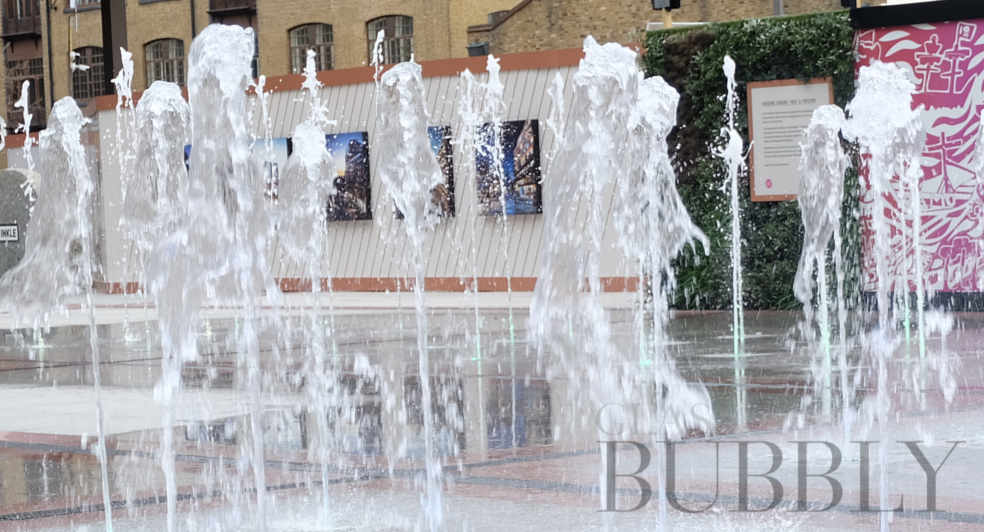Water is the Critical Ingredient to Wine & Champagne
14th April 2017

Ask any wine connoisseur what goes into making a truly great wine or champagne and you will invite an in-depth debate of the pros and cons of different grapes, processing and crushing practices and numerous other factors. But few will think to mention the most important ingredient of all.
Your average wine has a water content of 85%, so the quality of water that goes in is absolutely critical to the end result. This means that both the source of the water used by a winery and the non chemical water treatments that they use have an impact on the quality of their output that cannot be overestimated.
Chlorine in your wine?
Throughout the western world, mains tap water is treated with chlorine. When introduced to the wine making process, it creates by-products that decrease the efficiency of bacteria and yeasts and, critically, increase the risk of Trichloroanisole, the primary cause of cork taint.
This can affect the processes of fermentation and ageing, leading to a substandard and even undrinkable bottle of wine.
Or how about some e-coli?
Of course, the chlorine is there for a reason. It is a supremely efficient disinfectant, and kills disease-causing bacteria such as e-coli and giardia lamblia that can cause all manner of gastrointestinal problems and that are certainly not ingredients that we want added to our wine.
Water chlorination has been hailed as the saviour against diseases such as cholera, and has allowed communities to grow and prosper with a disease-free water supply, so its importance should not be taken lightly.
So how can we derive all the benefits without the pitfalls?
Bespoke processes
The answer is that wineries need to adopt their own bespoke processes, and different production facilities use a variety of methods for processing the water they use and removing harmful or undesirable contaminants from the supply.
Of course these vary depending on the initial source, but they might include carbon filters to remove any trace of hydrogen sulphide, electrochemical systems to get rid of dissolved impurities and ion exchange processes for removing specific contaminants.
Naturally, these types of water treatment systems differ from water filters you can find in homes. Commercial water filters are much larger and often more complex than typical whole house water filters, which also work different, and point of use devices used to clean drinking water.”
So, next time you are critiquing the latest bottle of bubbly, remember there is more to a good wine than the right grapes – don’t forget the most important ingredient of all!
![]()
Glass of Bubbly
Executive editor of news content for the website Please enjoy the articles that we share - We hope you find our love for Champagne & Sparkling Wines both interesting and educational.
